An Online Trend Is Convincing Teens To Give Themselves Sun Burns
The latest skincare fad on TikTok could be dangerous for your health. Experts have warned against following specific advice seen online.
Summer might be coming to an end, but people online have been using the last of the long sunny days, and people have been giving themselves sunburns as a way to cure acne.
Avoid Online Advice
Dermatologists warn that taking advice from videos online could be damaging to your health.
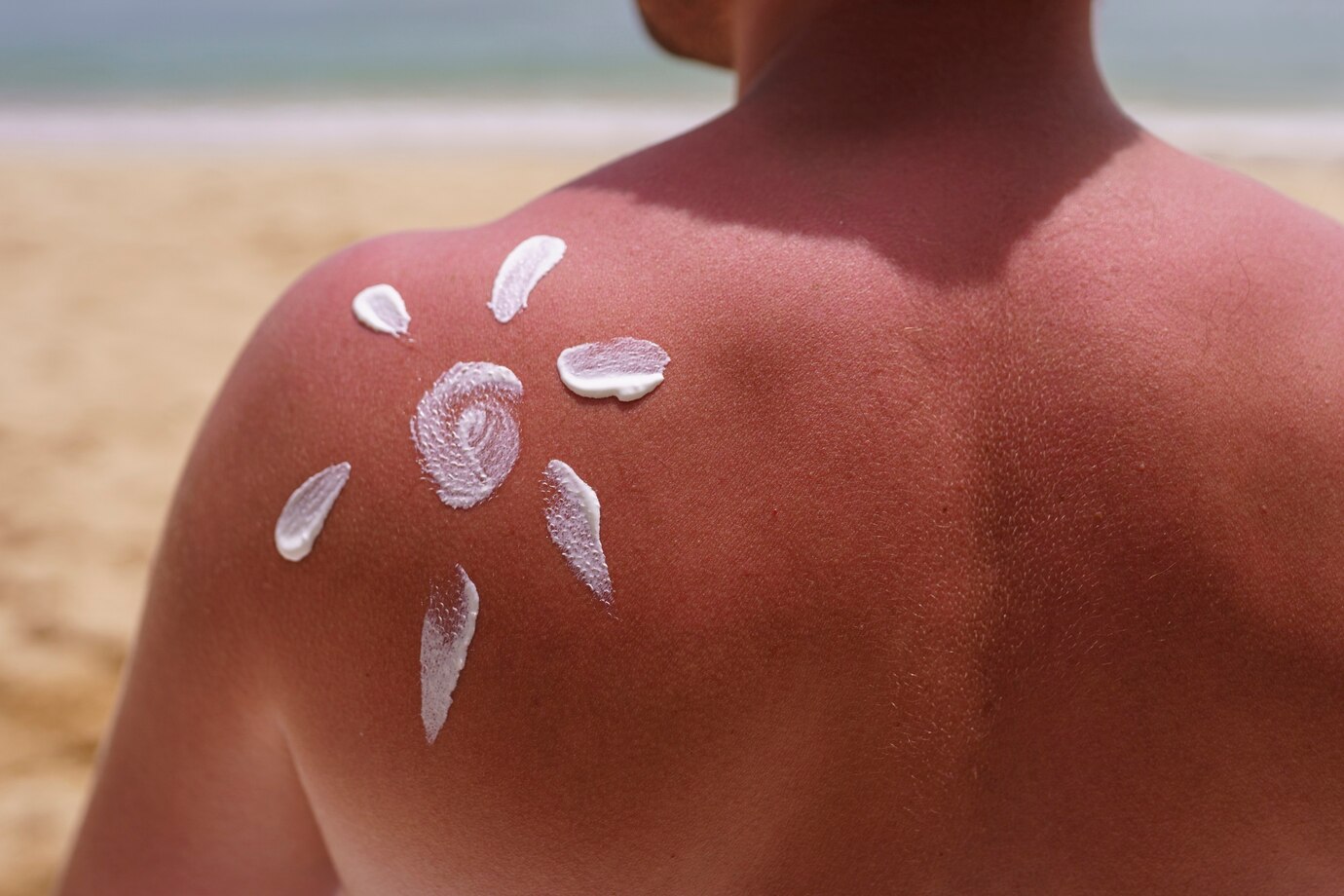
Source: Freepik
In this case, getting a sunburn on purpose is just plain stupid.
The Trend
The trend that has been circulating around TikTok and other social media sites is encouraging people to purposefully give themselves a severe sunburn in order to treat or cure cystic acne.

Source: AlexanderGrey/Pixabay
While a few people have experienced positive effects from the trend, experts are concerned about the long-term health effects.
Misinformation About Sun Exposure
In recent years, people have been making wild claims about sun exposure. On TikTok specifically, self-purported health experts claim that sunscreen is much more dangerous than prolonged sun exposure.
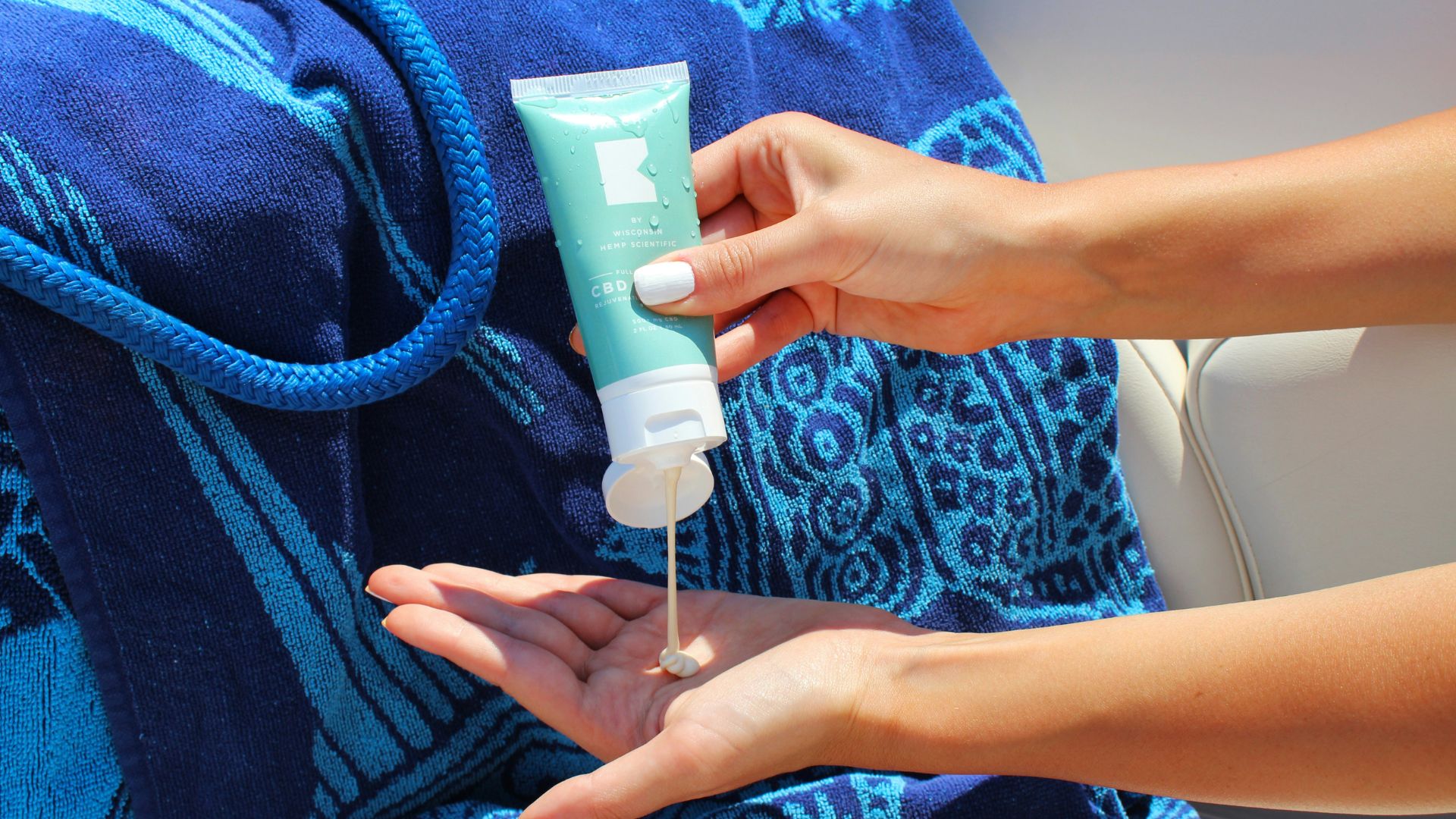
Source: Batch by Wisconsin Hemp Society/Unsplash
The anti-SPF movement has picked up some momentum thanks to widespread social media posts. One common benefit is the ability of the sun to ward off acne and rejuvenate the skin.
Tiny Grain of Truth
However, there is a small grain of truth to the claim that the sun can help acne. According to Jennifer Stein, a dermatologist at NYU Langone Health’s Ronald O. Perelman Department of Dermatology, the Sun’s rays contain ultraviolet radiation that was once used as a way to treat severe acne cases.
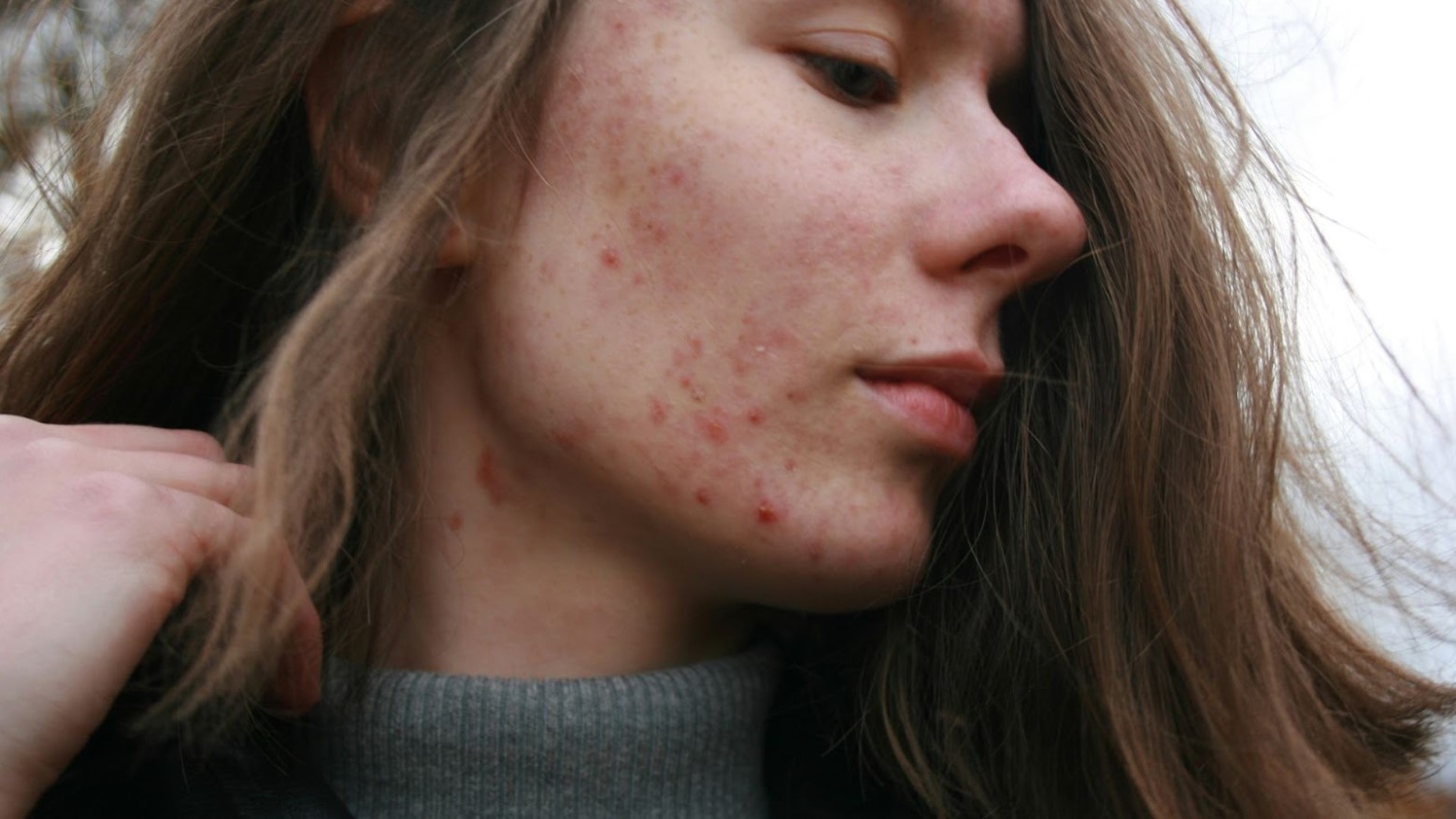
Source: Barbara Krysztofiak/Unsplash
Unfortunately, this information is slightly outdated and hasn’t been up to date since before the 1950s.
Sun Exposure Works, But at a Cost
Despite the sun therapy working for a short period of time, it was soon discovered that the downsides outweighed the benefits.
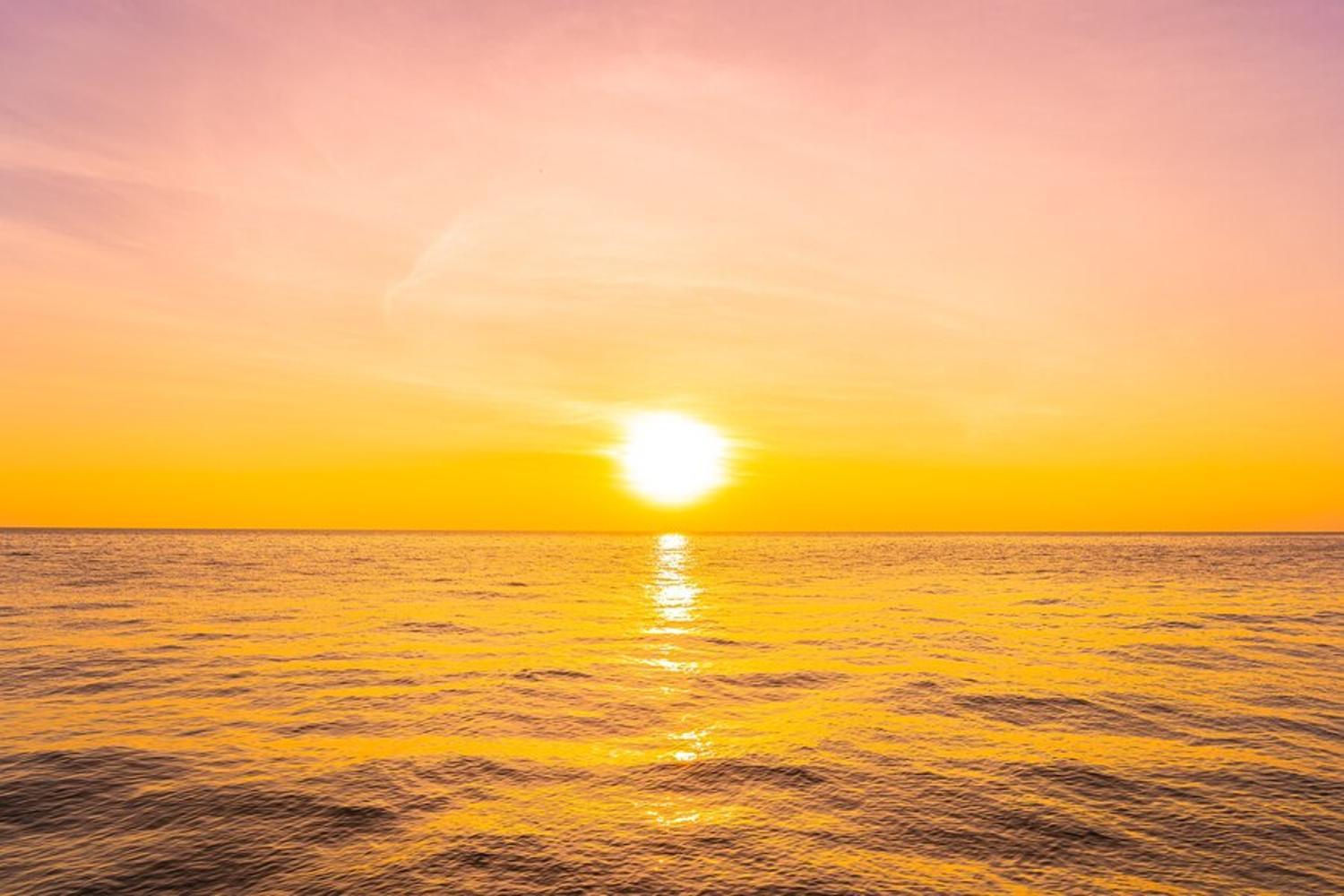
Source: Freepik
“It worked, but those patients grew up to become older adults with tons of skin cancers on their faces,” said Stein of case studies on the issue.
Radiation Therapy for Acne
Dr. Stein noted that the people who received radiation therapy for their acne when they were younger had a much higher incidence of cancer on the face than adults.

Source: Bermix Studio/Unsplash
As with many medical advances, the full effects of treatment might not be evidenced for years or decades. The adverse effects of the sun are only visible after years.
Modern Treatments
A modern treatment that has been proven to work is photodynamic therapy. This treatment uses light with topical drugs to sensitive abnormal skin cells to the light and can effectively treat acne.

Source: @chicvouge/X
Another option is ultraviolet B (UV-B) radiation, which is used to treat inflammatory skin diseases like eczema and psoriasis.
Sun Exposure Can Actually Make Acne Worse
In many cases, prolonged sun exposure can actually worsen symptoms of acne or cause scars to darken.
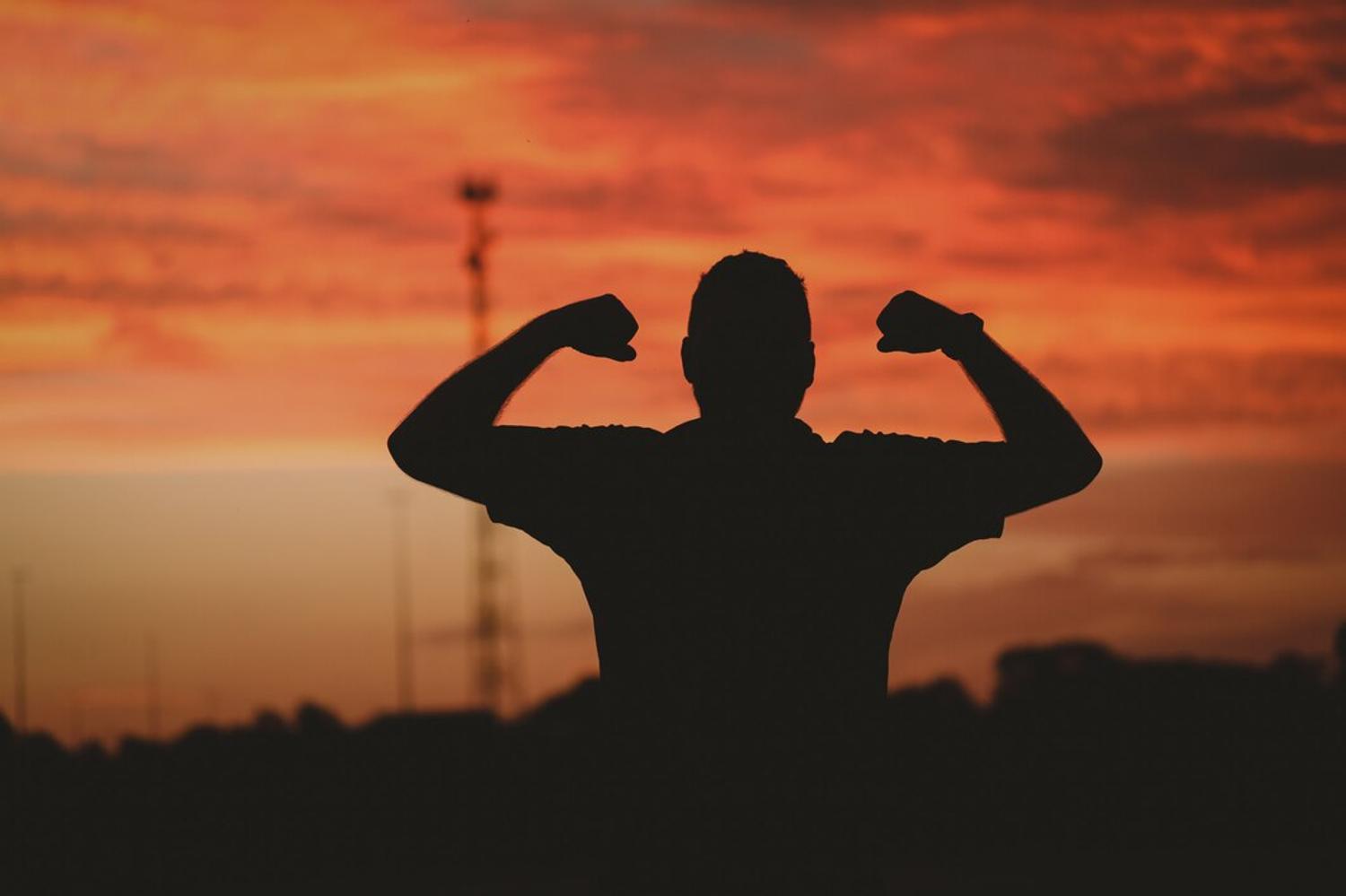
Source: Freepik
The Cleveland Clinic notes that too much sun exposure can darken acne scarring, making acne spots pertinent and harder to get rid of.
The Risk of Skin Cancer
In addition to darker scars, the sun can cause skin cancer, and melanoma can easily turn deadly when left untreated.

Source: Ben Warren/Unsplash
“We know that ultraviolet radiation is one of the biggest risk factors for the development of skin cancer,” Elizabeth Berry, a dermatologist who specializes in melanoma at Oregon Health & Science University, told Gizmodo. “And so this trend is particularly concerning because it goes against the decades of research that show just how dangerous the ultraviolet radiation component of sunlight really is.”
Darker Skin Needs Sunscreen Too
Although people often believe that darker complexions simply don’t need sunscreen, this isn’t true.

Source: iStock
People with more melanin in their skin and darker skin tones can still be affected by the sun’s harmful rays.
Premature Aging
On top of the adverse health effects, prolonged exposure to ultraviolet A and ultraviolet B radiation causes premature aging of the skin.

Source: Amanda Dalbjorn/Unsplash
Some of the immediate effects include wrinkles, sunspots, and drying of the skin. As many dermatologists agree, staying out of the sun and wearing hats, clothing, and sunscreen when outside is the easiest way to protect the longevity of your skin and reduce the risk of skin cancer.
